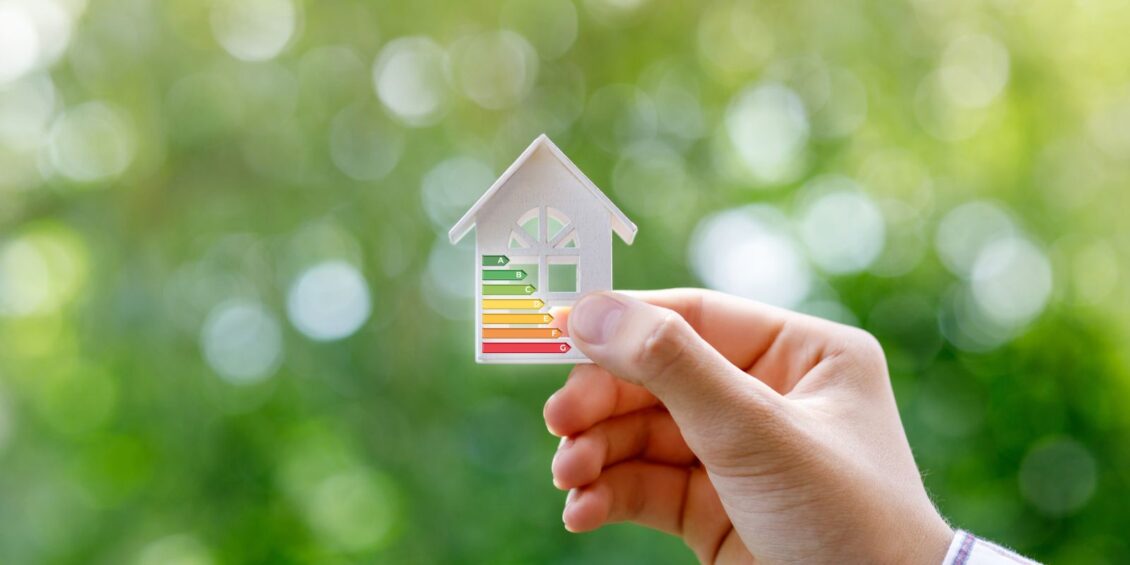In an age increasingly affected by climate change, making your home eco-friendly is more than just a trend; it’s a necessity. Adapting your personal space to be more energy-efficient and environmentally considerate not only contributes to the global effort to reduce carbon footprints but can also bring a new sense of wellbeing into your home. It encourages a harmonious lifestyle that respects and synchronises with the natural world, fostering a future-thinking mindset that benefits both the planet and individual health.
Investing in Renewable Energy: A Step Towards Sustainability
Transitioning to renewable energy is a significant leap toward making your home eco-friendly. A great place to start are with the renewable energy services from Cotswold Energy that are tailored to residential properties, assisting homeowners in integrating sustainable energy solutions like solar panels or wind turbines into their homes. These systems allow for the generation of clean, green energy, reducing reliance on electricity sourced from fossil fuels. This transition also impacts the larger economic scope, influencing sectors like oil trading, which face increasing pressure to adapt to the world’s changing energy needs.
Optimising Home Insulation: Efficiency from Within
Proper insulation is a cornerstone of eco-friendly living, significantly reducing energy consumption by maintaining your home’s temperature. This efficiency means heating systems or air conditioners are used less, lowering carbon emissions. Investing in high-quality insulation, including double-glazed windows and comprehensive wall insulation, ensures minimal energy loss, translating into a smaller carbon footprint and reduced utility bills.
Water Conservation Strategies: Every Drop Counts
Eco-friendly living is not just about energy consumption; it’s also about resource management. Implementing water-saving techniques can have a considerable impact on the environment. Simple improvements such as installing low-flow showerheads, fixing leaky pipes, using drought-resistant plants in the garden, and collecting rainwater for reuse can contribute significantly to water conservation efforts.
Sustainable Materials: Responsible Choices
When it comes to home improvement and decor, the materials you choose matter. Opting for sustainable, ethically sourced materials is key in creating an eco-friendly home. This practice could include using bamboo or reclaimed wood for furniture, choosing paints low in volatile organic compounds (VOCs), and selecting items made from recycled materials. These choices support sustainable manufacturing practices and promote a healthier home environment.
Smart Home Technologies: The Eco-Intelligent Approach
Advancements in technology have paved the way for smarter, more efficient energy usage. Smart thermostats, energy-efficient appliances, LED lighting, and automated energy management systems can significantly reduce a home’s unnecessary energy consumption. These technologies allow for precise control over your home environment, ensuring energy is used optimally and responsibly.
Landscaping and Biodiversity: Cultivating an Eco-Friendly Exterior
Your home’s exterior can also reflect your commitment to eco-friendliness. Sustainable landscaping techniques, such as planting native species, using organic mulch, and avoiding harmful chemicals, encourage local biodiversity. Creating a garden that supports local wildlife, like birds and pollinators, contributes to your local ecosystem’s health.
Reducing, Reusing, and Recycling: A Holistic Approach
Adopting the three R’s (Reduce, Reuse, Recycle) within your home can have a substantial cumulative effect on eco-friendly efforts. This could involve reducing waste by choosing reusable items, repurposing furniture, or items you already own for new uses, and setting up a system to recycle waste properly. These efforts, while small on the individual level, can lead to significant changes when adopted by multiple households.
Eco-Friendly Practices: The Human Factor
Ultimately, the success of any eco-friendly adaptation relies on everyday practices. Being conscious of energy usage, supporting sustainable brands, using public transport or cycling, and being mindful of water use are habits that contribute to a larger culture of environmental responsibility. Educating family members and encouraging these practices ensure that eco-friendly living is sustained through behavioural change.








Leave a Reply
View Comments